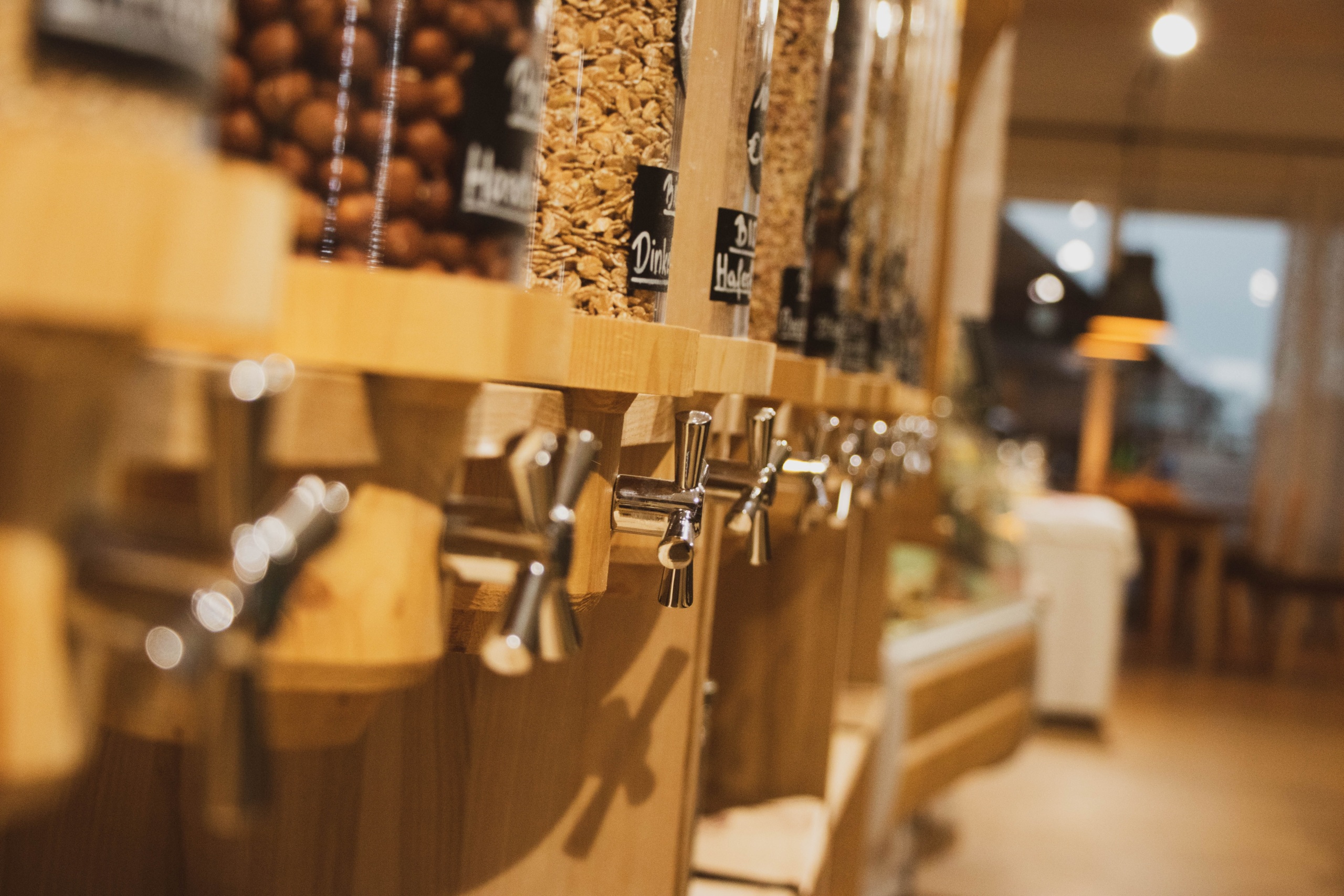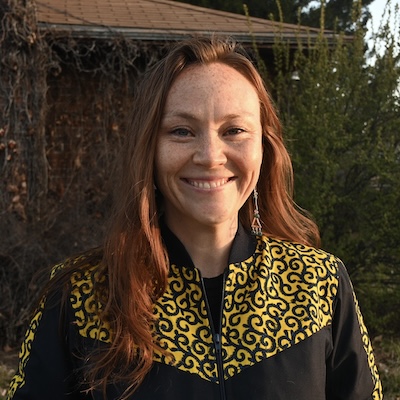
Lessons from waterway clean up events
Waterway clean ups have really underscored the need to do much, much more to prevent all this plastic trash– both macro and micro– from ending up in our waterways.
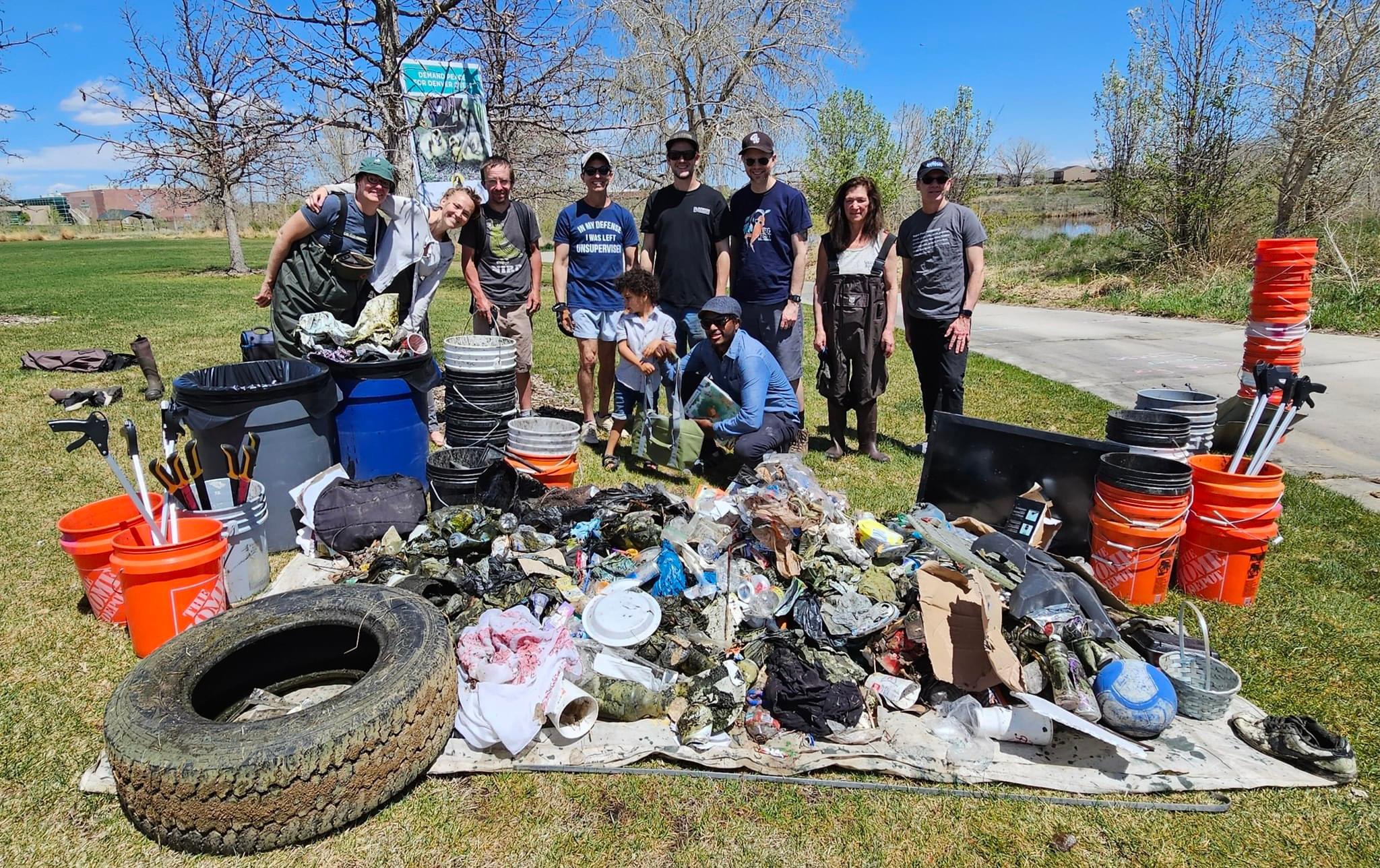
Like many people, I like to spend Earth Day doing waterway clean up events. It’s a simple but impactful way to come together with others to make a difference and make my community cleaner and greener. But during my years of volunteering at clean up events, I have sometimes found myself overwhelmed.
I have found so much microplastic in one spot that I could have spent the entire three-hour event within a three-foot radius. Then, I take my gaze upwards to see a shoreline of plastic bottles and other macroplastics, which makes me question if I should focus on the microplastics or should I go after the plastic bottles, which if ignored will break-down later into the microplastics?
All of these clean ups have really underscored for me that we need to do much, much more to prevent all this plastic trash– both macro and micro– from ending up in our waterways in the first place.
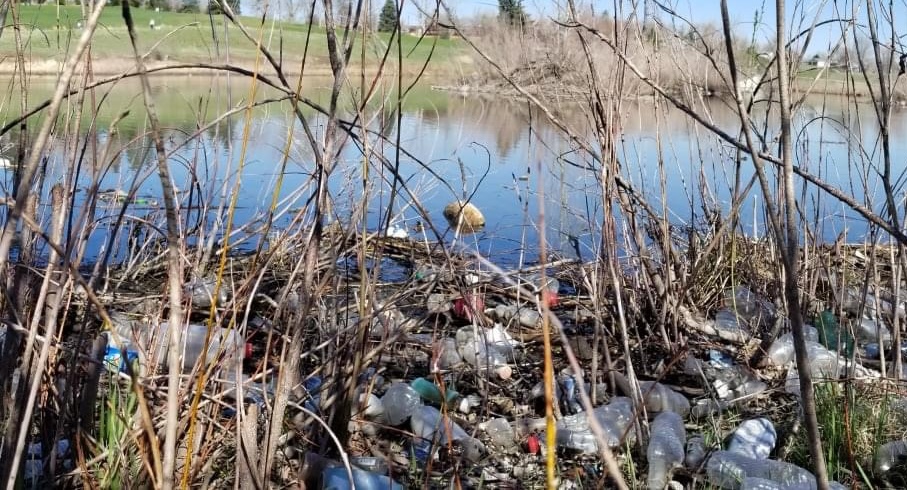
This year, let’s celebrate Earth Day by coupling our clean-up events with a push for legislative action. There is currently a bill in congress called the Plastic Pellet Free Waters Act, which will prevent companies from dumping plastic pellets, also known as nurdles, into waterways. Nurdles are pre-production pellets of plastic that are an intermediary product between raw materials and plastic products.
Though they are tiny, they are a big problem. Ten trillion pellets are estimated to enter the ocean each year, making them the second-largest source of marine microplastic. They dot the beaches of Florida and are piled up on Oregon, South Carolina and Texas coasts. Inland waters are at risk too. A study of 66 beaches in the Great Lakes region found 60 percent contained nurdles.
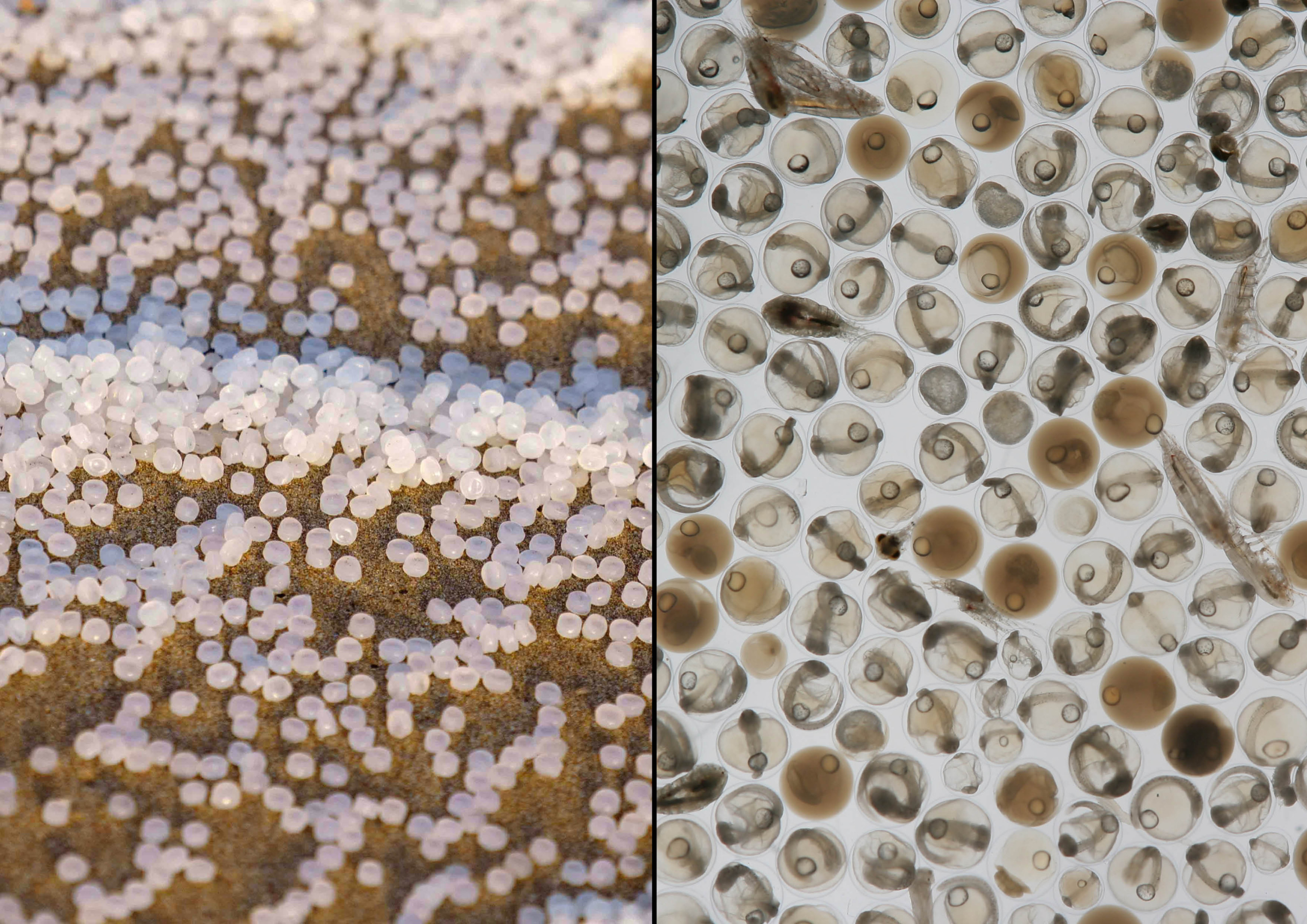
Nurdles are incredibly hard to clean up once they end up in the environment. They can also be easily mistaken for fish eggs, which means that various animals, seabirds, and fish eat the nurdles, but skip the nutritional value a fish egg would have provided. Furthermore, plastic pellets can absorb chemicals like DDT, PCBs, and mercury.
The Clean Water Act is supposed to stop companies from dumping pollution into our rivers, but rules regarding plastic pellets are outdated and often not enforced. The Plastic Pellet Free Waters Act is a commonsense bill that would ban discharges of plastic pellets from facilities or sources that make, use, package, or transport them.
Here are five things you can do for Earth Day to advance the Plastic Pellet Free Waters Act:
- Sign our petition to get your representatives on board with the Plastic Pellet Free Waters Act.
- Write a personal letter to your representatives about how microplastics are affecting you and why you are concerned. This is especially important if your representatives have not yet signed on to the bill. Find your representatives here. Here is a list of the current Senate co-sponsors. Here is a list of the current House co-sponsors.
- Are you a parent? Talk with your kid’s school about how they can get involved with a citizen science project and order a free ‘nurdle kit’ to aid in the process.
- Talk with a local organization and see how they can get involved with a citizen science project and order a free ‘nurdle kit’ to aid in the process.
- If you are an organization concerned about nurdles and would like to find additional ways to collaborate on this issue, contact me!
Topics
Authors
Kelly Leviker
Beyond Plastic, Advocate, PIRG
Kelly advocates for a world with less plastic pollution. Kelly lives in Denver with her family, where she enjoys hiking, botanical illustration and traveling.
Find Out More

Students for Sustainable Fashion
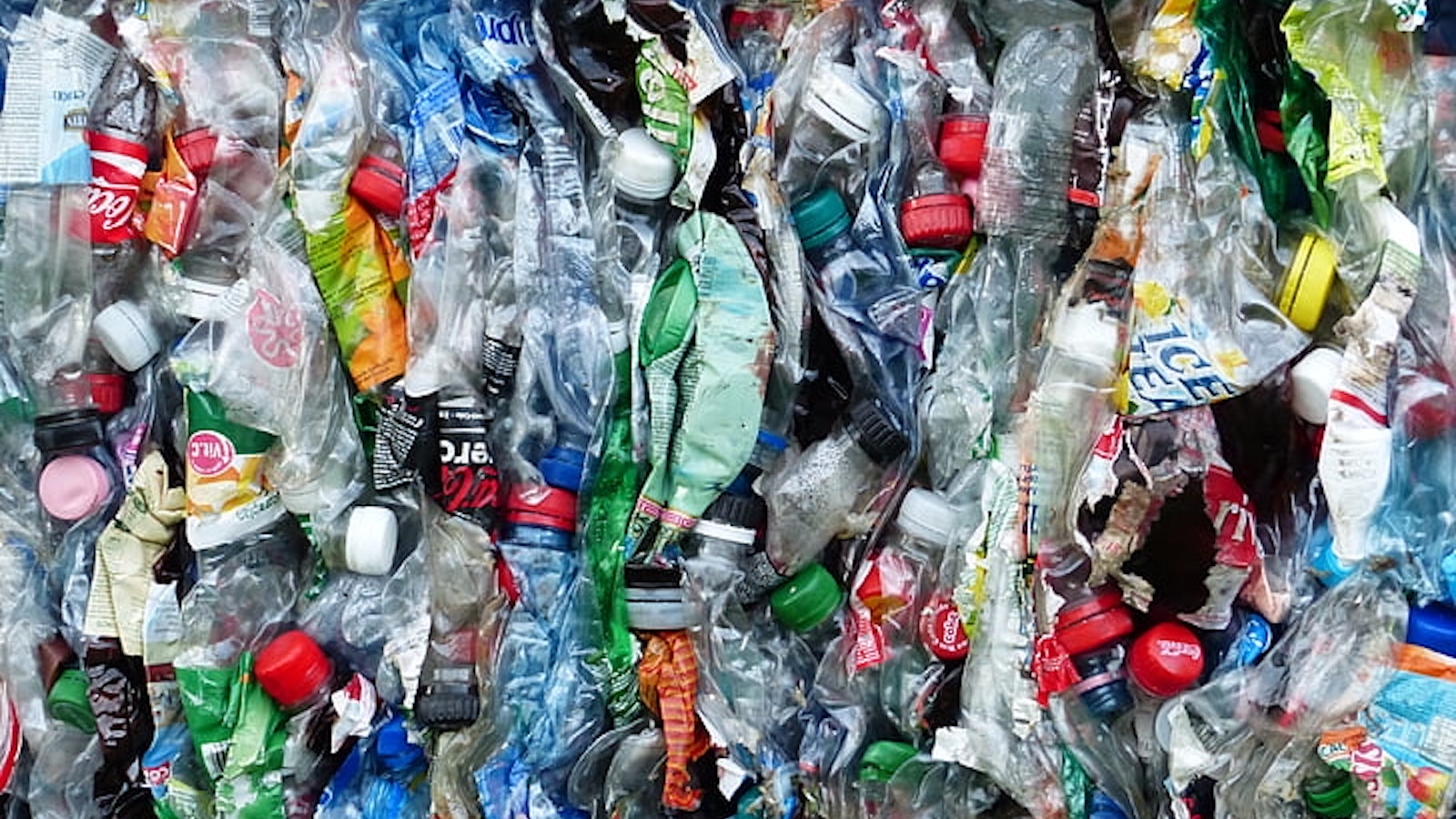
Can we fix plastic recycling?
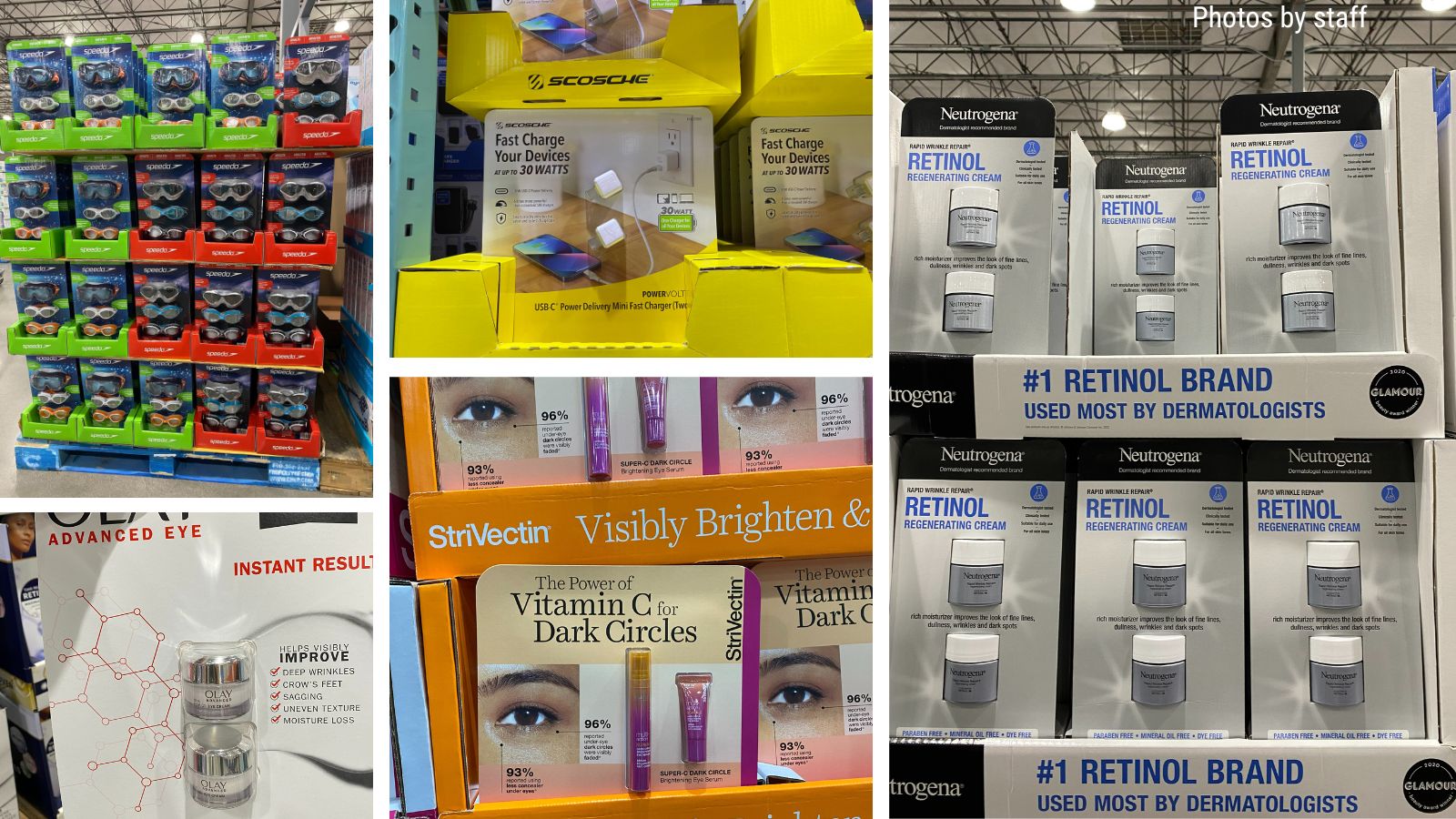
Costco should stop supersizing wasteful packaging
